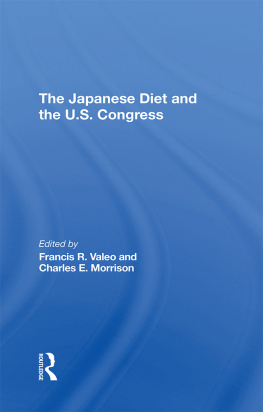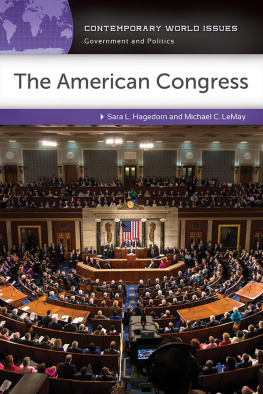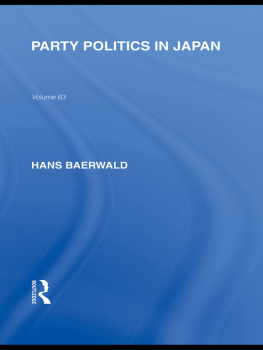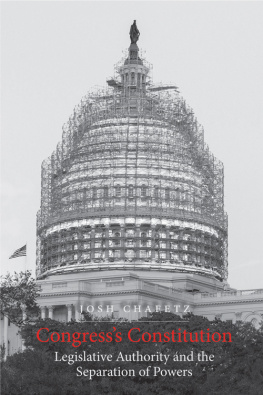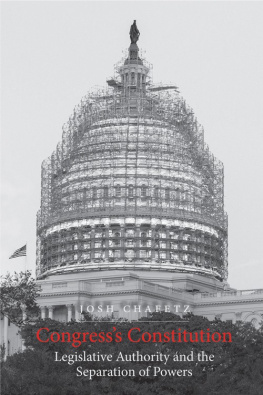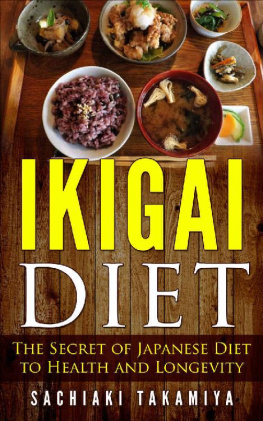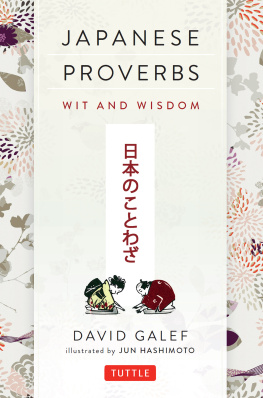The Japanese Diet and the U.S. Congress
Also of Interest
A Theory of japanese Democracy, Nobutaka Ike
japan: Profile of a Postindustrial Power, Ardath W. Burks
Encounter at Shimoda: Search for a New Pacific Partnership, edited by Herbert Passin and Akira Iriye
japan and the United States: Economic and Political Adversaries, edited by Leon Hollerman
How Japan Innovates: A Comparison with the U.S. in the Case of Oxygen Steelmaking , Leonard H. Lynn
japan's Economy: Coping with Change in the International Environment, edited by Daniel I. Okimoto
Nuclear Energy and Nuclear Proliferation: Japanese and American Views , Ryukichi Imani and Henry S. Rowen
u. S. -japan Relations and the Security of East Asia: The New Decade, edited by Franklin B. Weinstein
Available only in paperback.
Available in hardcover and paperback.
A Westview Special Study
The japanese Diet and the U. S. Congress edited by Francis R. Valeo and Charles E. Morrison
The Japanese Diet and the U.S. Congress have in common many of the characteristics of democratic institutions, similarities that can be seen in the way the two legislative bodies are constituted, in what they do, and in how they do it. At the same time, there are disparities that stem from each nation's unique cultural background and political experiences. Both the similarities and the differences are treated in this unique study.
The authors, well-known japanese and U.S. scholars, illuminate significant factors that not only underlie the differing roles of the Diet and the Congress in the two governments and the style of each government, but also help shape the nature of the interaction between japan and the U.S.
Francis R. Valeo , now a consultant on government and Asian affairs in Washington, D.C., has been the secretary of the U.S. Senate and a staff advisor to the former Senate majority leader and to the current U.S. ambassador to Japan. Charles E. Morrison is a research fellow at the East-West Center, Hawaii, and at the Japan Center for International Exchange.
Published in cooperation with the United States Association of Former Members of Congress pursuant to a grant from the Japan-United States Friendship Commission
The Japanese Diet and the U.S. Congress
edited by Francis R. Valeo and Charles E. Morrison
First published 1983 by Westview Press, Inc.
Published 2019 by Routledge
52 Vanderbilt Avenue, New York, NY 10017
2 Park Square, Milton Park, Abingdon, Oxon OX14 4RN
Routledge is an imprint of the Taylor & Francis Group, an informa business
Copyright 1983 Taylor & Francis
All rights reserved. No part of this book may be reprinted or reproduced or utilised in any form or by any electronic, mechanical, or other means, now known or hereafter invented, including photocopying and recording, or in any information storage or retrieval system, without permission in writing from the publishers.
Notice:
Product or corporate names may be trademarks or registered trademarks, and are used only for identification and explanation without intent to infringe.
Library of Congress Cataloging in Publication Data
Main entry under title:
The Japanese Diet and the U.S. Congress.
1. Japan. Kokkai Addresses, essays, lectures. 2. United States. Congress Addresses, essays,
lectures. I. Valeo, Francis Ralph, 1916 II. Morrison, Charles E.
JQ1656.J36 1982 328.52 82-13439
ISBN 13: 978-0-367-29332-1 (hbk)
Contents
, Jed Johnson, Jr.
Francis R. Valeo and Tadasbi Yamamoto
Kan Ori
Hirosbi Yamato
Koicbi Kiskimoto
Sboicbi Izumi
Koji Kakizawa
Sbuzo Kimura
James L. Sundquist
Robert L.X Peabody
Ralph D, Nurnberger
Susan Webb Hammond
Joel Havemann
Charles E. Morrison
- CBO Congressional Budget Office
- CGP Clean Government party
- DSP Democratic Socialist party
- GNP gross national product
- HC International Trade Commission
- JCP Japan Communist party
- JSP Japan Socialist party
- LDP Liberal Democratic party
- NASA National Aeronautics and Space Administration
- OMB Office of Management and Budget
- PAC political action committee
- PARC Policy Affairs Research Council
- PRC People's Republic of China
Although much has been written about japan and the United States and the policies and practices of their governments, one aspect of the relationship between the two nations has not been systematically explored. Until recently, there has been little awareness in the one country of the nature and role of the legislative body in the other. Yet it is increasingly apparent that the Diet and the Congress, each in its own way, are critical elements in determining the overall manner in which Japan and the United States interact with each other.
This gap in mutual awareness was perceived by the U.S. Association of Former Members of Congress and the Japan Center for International Exchange. Accordingly, with support from the Japan-U.S. Friendship Commission, the East-West Center in Honolulu, and other groups, the two organizations agreed to undertake a comparative study of the Japanese Diet and U.S. Congress. The study was designed by Francis R. Valeo, former secretary of the United States Senate and a consultant to the Former Members of Congress, which also directed the preparation of the U.S. papers. The Japanese part of the study was conducted under the guidance of Tadashi Yamamoto, director of the Japan Center for International Exchange.
Scholars and experts in both countries were commissioned to prepare the set of twelve integrated papers on the legislative systems of the two countries. These papers subsequently formed the basis for three day s (February 12-14, 1981) of discussion at a binational conference at the East-West Center in Honolulu. Participants included the scholar-writers of the conference papers, sitting and former members of the Diet and the Congress, members of the staff of the East-West Center, and a number of other interested persons and observers.
The results of this joint Japanese-U.S. effort are reflected in this volume, The book includes the twelve conference papers and a brief commentary. A similar study is also being published in Japanese. The Japan Center for International Exchange and the Association of Former Members of Congress assume responsibility for offering these papers as a contribution to U.S.-Japanese understanding. Credit for substance, however, is attributable entirely to the authors. We wish to thank the members of the Advisory Board for their comments and suggestions. The special assistance of Charles E. Morris on, who served as editor for the Japanese papers, is also noted. Associated with the Japan Center and the East-West Center, Mr. Morrison also provided liaison and other assistance in making arrangements for the conference. Thanks go to Kazuo Ogura of the Japanese Foreign Ministry and the Johnson Foundation Conference Center, "Wingspread," at Racine, Wisconsin, for their contributions to the convening of a preliminary meeting of former members of Congress and of the Diet.

